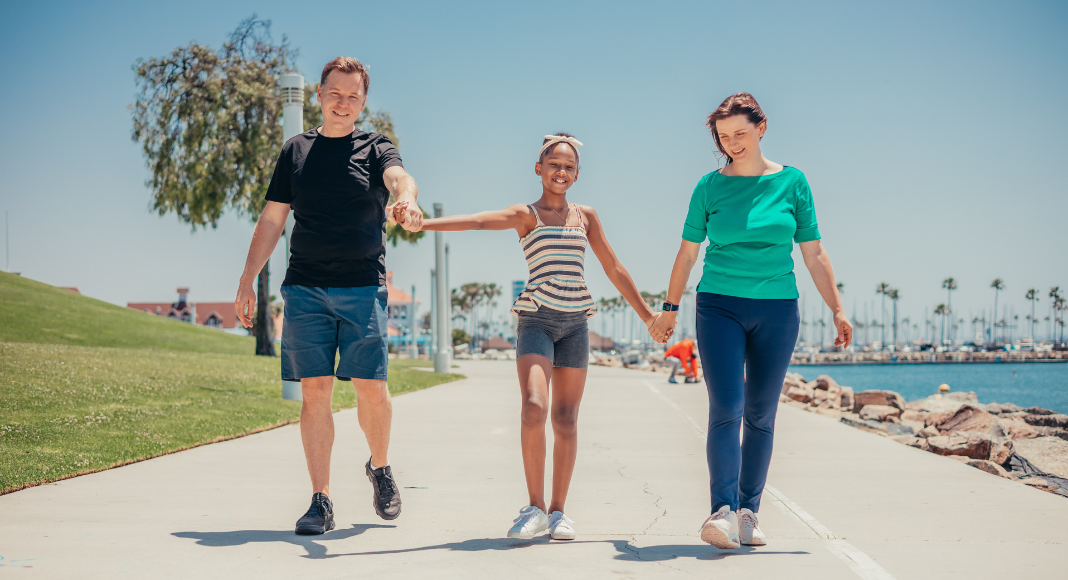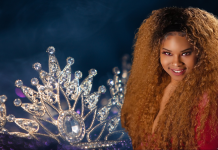I’m 6. All of my Barbie dolls, baby dolls, and cartoons are white. My family is white, the movie stars that took the screen on our family nights are white, the characters in our board games are white. The lady scanning our juice boxes at the grocery store is white. The bus driver lugging all these sleepy kids to school is white. The speaker promising pizza and limo rides for selling cookies around my neighborhood is white. I am comfortable with my classmates being white, the kids who pick their noses in the church pews being white, the doctor who gives me shots being white. I am comfortable with white. It is normal, I am normal.
I’m 19. My professor is black. My academic advisor is black. The person dumping soup that has been warm for three hours into my bowl is black. I know of people who are black. But everything was white. Everything. Now, I do not know. Now I am uncomfortable and I am uncomfortable being uncomfortable. I still act like me but quieter; I’m listening. I’m watching and observing. Studying this new culture I have fallen into. I hear people talking quickly in languages I do not understand. I see several shades of skin, some colored by the sun but many colored by their blood. I even smell things that have never crossed my nostrils before. A campus culture. I am fascinated and yet still study from afar.
For the first time ever, I am made to see the world around me in color.

I’m 21. A pandemic sweeps away all that was normal and now I’m home all the time. I start classes to become a foster parent with my fiance. We are taking classes every night. Many of the trainings we are required to do involve learning about parenting children with varying backgrounds, cultures, and ethnicities. I am uncomfortable again. It feels as though I cannot have a genuine interaction regarding anything to do with race because my brain is analyzing every syllable in an effort to not spit out something stupid or uninformed. I have created such a fine filter that the only thoughts that make it through the tiny holes are distant “yeah-s” and cold “I see-s.” Turns out that observing other worlds safely from your own does not aid in the effort of diversifying your experience and expanding your understanding of reality.
I’m 23. My foster daughter is black. Being a parent to a child is a massive and the most important responsibility. Being a parent to a child who needs things that you cannot give them feels big, heartbreaking, and failure-inducing. My daughter needs to see people who look like her; I cannot give her that. She needs someone who can explain things about being a person of color that I cannot even begin to understand. She needs to grow up knowing and connecting with her culture as a black woman; I cannot guide her in that. But then, I realized that while I myself cannot give her these things, I can in fact make the avenues possible for her to have those things. Actually, it is imperative that I do.
I’m 24. Her Barbie dolls are black, white, and tan. Her baby dolls show a rainbow of colors. Her favorite cartoon characters represent an eclectic collection of cultures and people. Creating an inclusive and diverse environment for my daughter, myself, and our other children is a conscious decision that I have to intentionally make in all areas of our life. Hair, food, music, school – the list grows and grows and so do we. Growth is uncomfortable and since this is true, I am getting comfortable with being uncomfortable.













